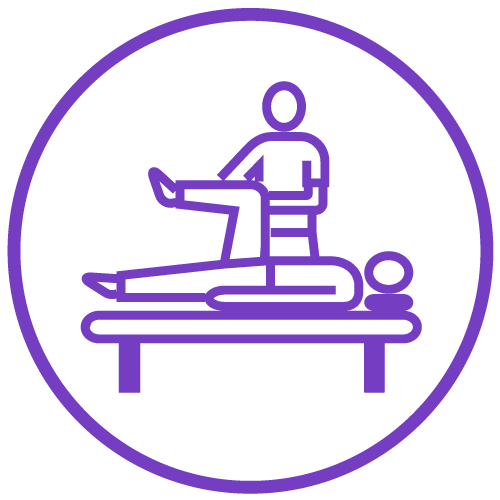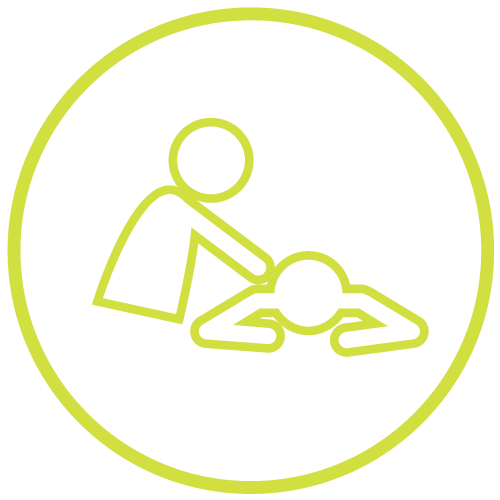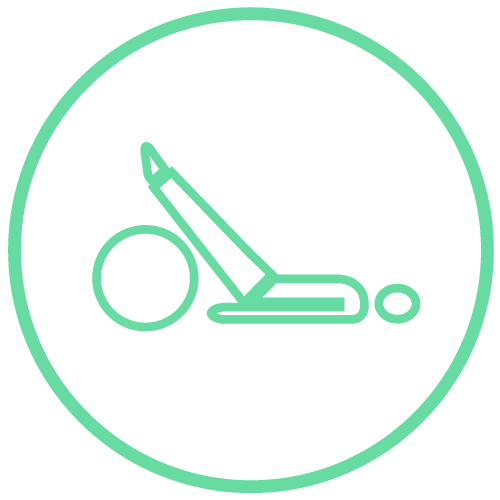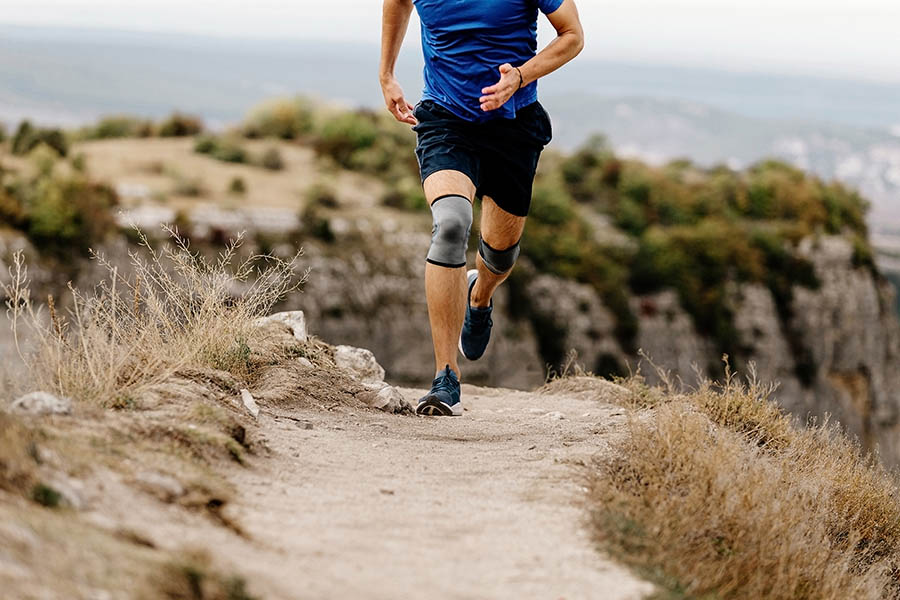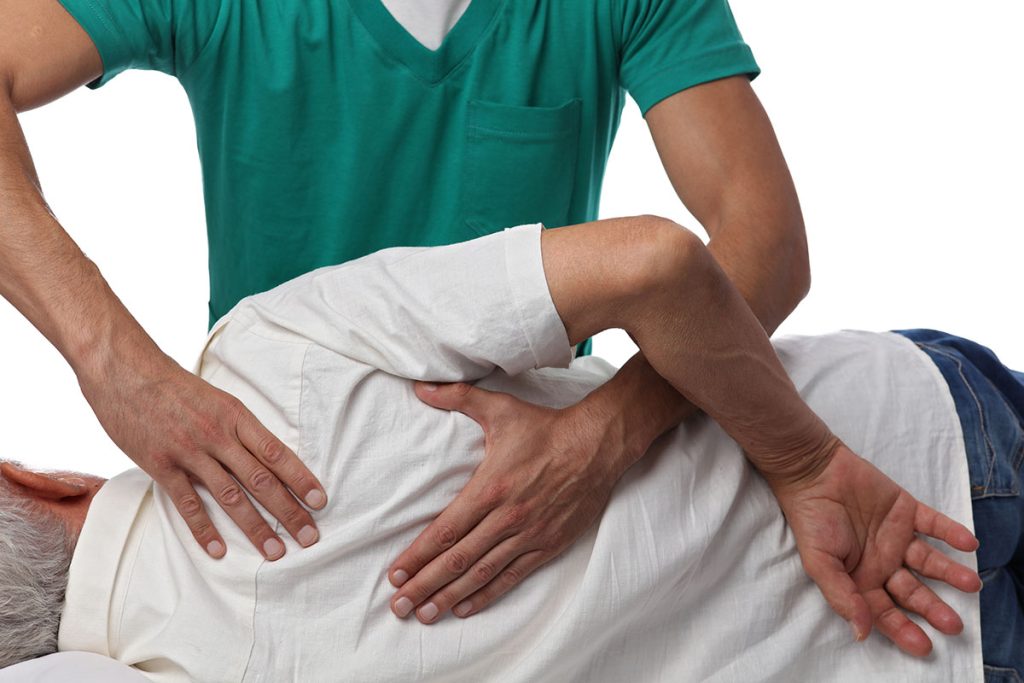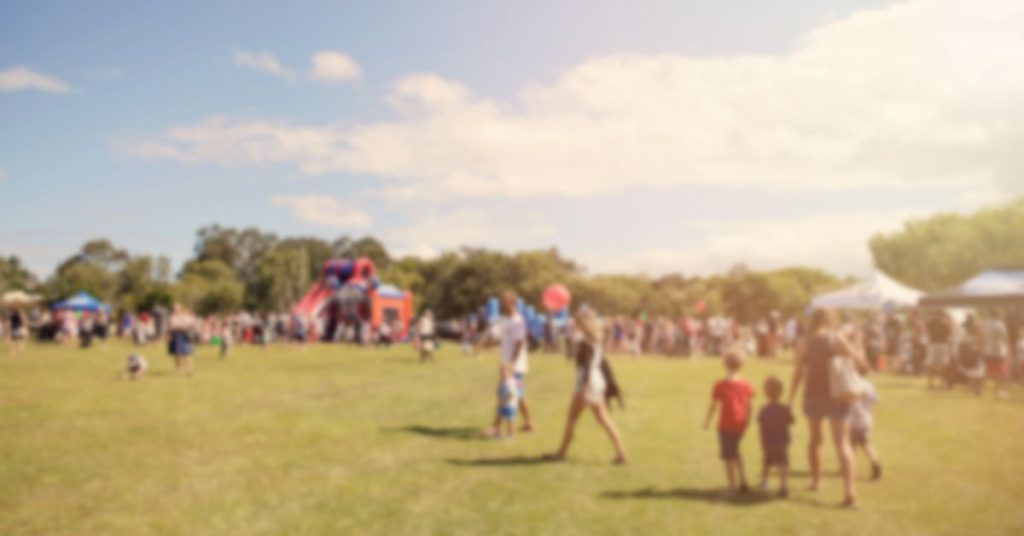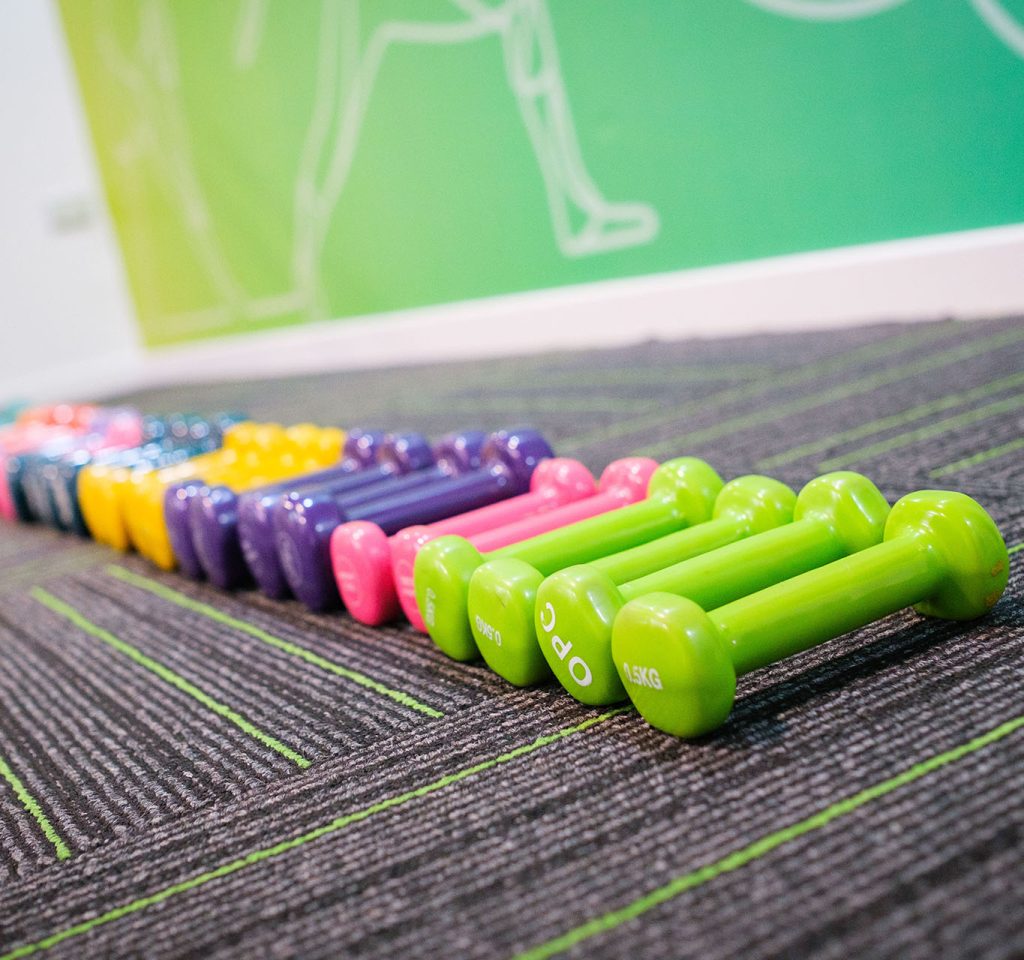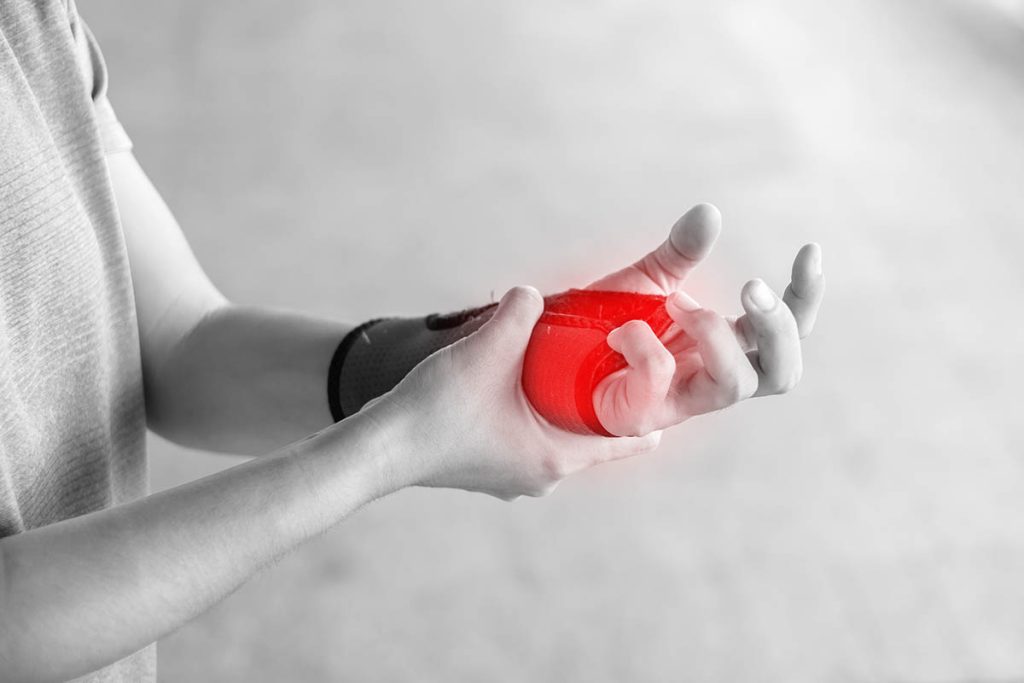What is a Rotator Cuff Tear?
A rotator cuff tear is a partial or full thickness separation in the muscle or tendinous tissue of any of the four rotator cuff muscles (supraspinatus, subscapularis, infraspinatus, teres minor) which run from the shoulder blade (scapula) to the humerus (upper arm bone). Their job is to provide strength, stability and to ensure optimal biomechanics and movement of the shoulder joint (glenohumeral joint).
As with any muscle that may experience repetitive or excessive loading, tears through muscles of the rotator cuff are not uncommon and are often seen in older individuals (>40 years) who present with shoulder pain during activity.
What causes a Rotator Cuff Tear?
A rotator cuff tear can be the product of an acute injury such as a fall or can be due to ‘wear and tear’ of the tendon as we age. Tears can be classified as an acute injury, chronic injury or degenerative injury.
Some of the more common causes include:
- Repetitious activities (overuse)
- Impingement due to poor technique or poor movement quality
- Normal degenerative changes due to wear-and-tear (age)
- Calcium deposits in the tendon
- Poor posture
- Breaking a fall or falling on the arm
- Heavy lifting or pulling
Symptoms
Symptoms will often appear proportional to the damage present with consequent limitations of movement indicating likely severity of the injury.
Symptoms include:
- Pain with movement of the affected arm (especially when reaching overhead or behind your back)
- Muscular spasm
- Pain referred down the arm or up into the neck
- Pain at night
- Weakness
- Reduced range of movement of the shoulder
- Guarding behaviour of the arm/shoulder
- Pain with sleeping on the affected side
Recovery
Rehabilitation is crucial to the restoration of rotator cuff strength and function with recovery time largely dependent on the severity of the injury. Most rotator cuff tears are best treated with physiotherapist-guided exercise progressions and treatment.
Tears larger than 8-10mm may require an orthopaedic specialist assessment and possible surgical intervention, followed by physiotherapy rehabilitation. Average timeframes for recovery post-surgically are usually 6 months.
Healing time and completeness of recovery is largely dependent on the length of time between the injury and commencement of treatment, and how well the individual follows through with rehabilitation.
Treatment
Treatment goals for a rotator cuff tear, whether a partial or a full thickness tear, is to restore normal pain-free function to the shoulder. Small to medium sized tears respond well to physiotherapy treatment without surgery, and as such, your GP or surgeon may refer you to physiotherapy where you will be assisted in reclaiming lost and often painful movement.
If surgery is required, your shoulder often will be in a sling for up to 6 weeks following surgery, with physiotherapy rehabilitation often commenced toward the end of this 6 week period.
Once treatment has started, your physio will progress you through your rehabilitation and will aim to have you back to your favourite activities as soon as possible.
If you think you might be suffering from this condition, please give us a call and we’ll be able to provide the correct treatment option for you.


